HERI's Rebecca Ackermann gives 5th Annual Raymond Dart Lecture
Who holds the status and authority in human evolution science? The answer to this important question, ultimately, identifies who controls the process and narrative around our origin story, and in essence, who owns the science itself.
According to HERI’s Deputy Director Rebecca Ackermann, ownership is in the hands of the same people who have always had authority. And it’s time for all of those involved in the human evolution sciences to change that.
“The persistence of racism and colonial practice into the present is perpetrating the problematic status quo,” Ackermann said in her presentation, Scientific sovereignty in palaeoanthropology, given for the 5th Annual Raymond Dart Lecture with Griffith University in Australia.
Held virtually on 17 September 2020, Ackermann uncovered in the lecture systemic issues in the way science is carried out – issues that have been around since the time of Raymond Dart and before, and which persist today.
Ackermann’s presentation used three South African stories from within the palaeosciences to demonstrate the racism, sexism and othering embedded in colonial science.
Among these stories was that of the scientific study and display of Sarah Baartman two centuries ago, and Ackermann’s own experience twenty years ago of being hired into a post in archaeology that was intended to prioritise the hiring of black South African women.
Noting the ‘unsung heroes’ involved in palaeoanthropology, Ackermann highlighted that racially segregated spaces from the past still exist today in the primary training grounds for palaeoanthropology.
“The legacy of past practices continues to affect who controls the science and who shapes the narratives of human evolution,” she said.
According to her, we are all responsible for changing that to create a more robust narrative of our origins.
“Whether you're a palaeoanthropologist or a member of the public, as consumers of human evolution research we don't want a simple story. We want the real story,” she said.
“With diversity, we get a better understanding of who we are and how we got to be this way.”
